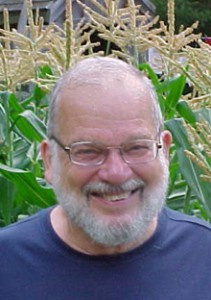George Tremblay: Providing Food And Fuel Can Be A Sustainable Enterprise
The following letter was submitted to local newspapers and is shared with us here by the author George C. Tremblay. Mr. Tremblay is a past member of the Charlestown Town Council.
Production of food and fuel requires open space. Accordingly, rural communities provide more options for self-sustained living than do densely populated urban areas.
Growing and harvesting food is more bountiful in rural areas, where open space for gardening is more readily available. Preserving the harvest can provide added sustenance outside the growing season. Food independence is more attainable in a rural setting.
Similarly, home heating is less dependent on fossil fuels in rural communities, where heating with wood becomes a practical alternative. Trees grow by fixing atmospheric carbon dioxide through photosynthesis, and that same carbon dioxide is released back into the atmosphere when wood is burned. Although it may take decades to complete the full cycle, heating with wood is net neutral for carbon emission.
An acre of forested land yields an estimated cord of firewood annually. The sustainable harvest from four to five acres is sufficient to heat the average modern home outfitted with a free-standing, efficient, and environmentally friendly (low emissions) wood-burning stove.
Land use is constrained by ordinances and closely monitored by Charlestown’s CCA-dominated Planning Commission. Their work contributes to the sustainable rural culture that CCA has sought to cultivate and advance since its inception.
CCA sustainable
